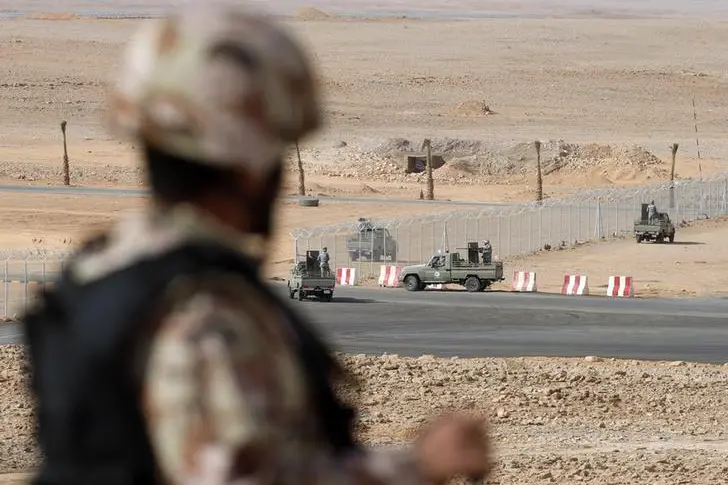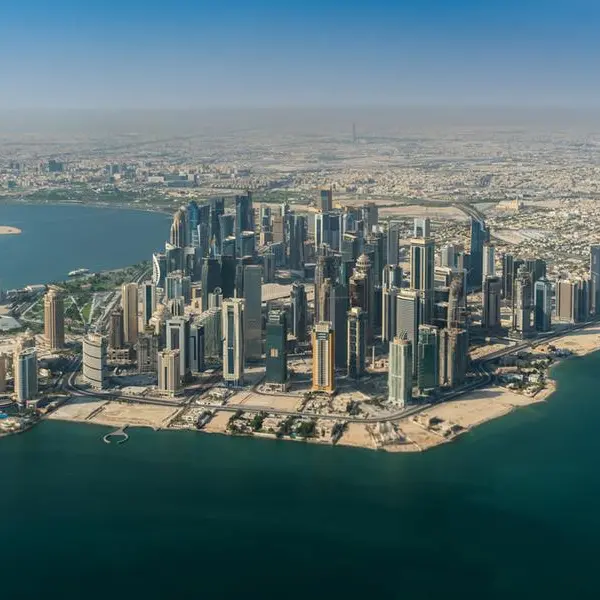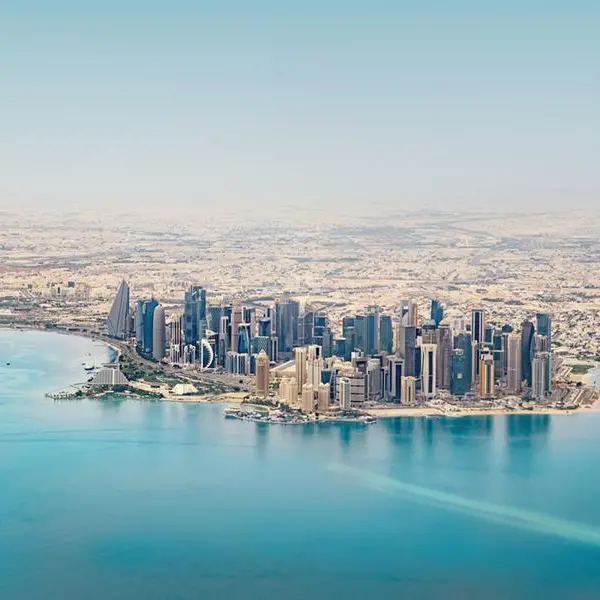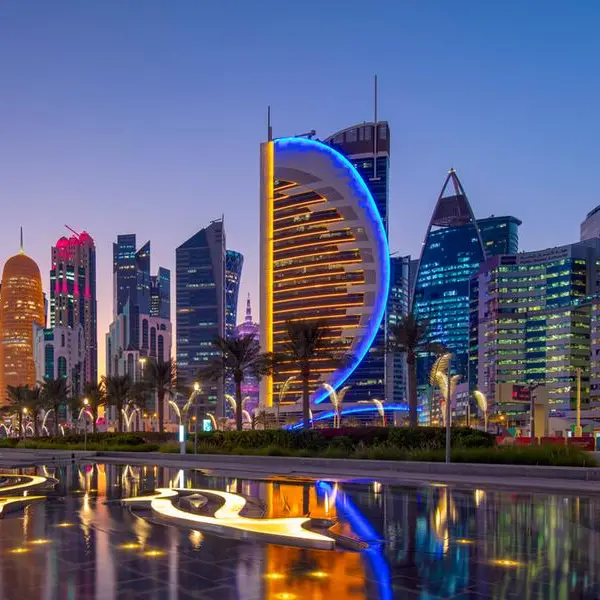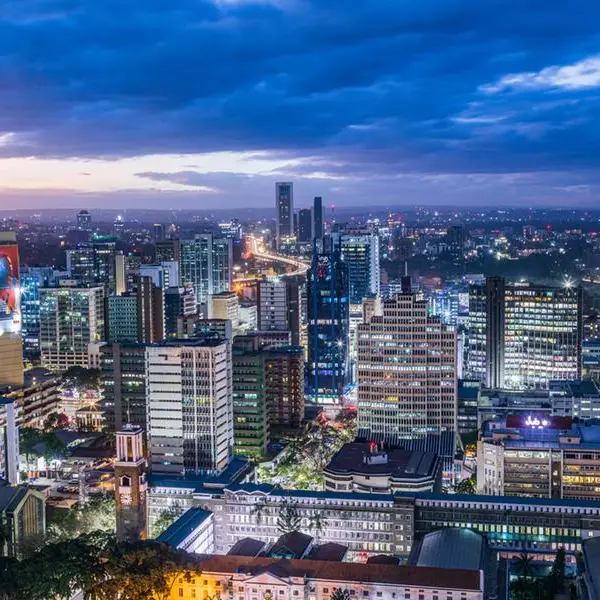PHOTO
The establishment of major encampments for hundreds of thousands of allied troops, military fortifications and roadways, together with the remnants of munitions, including depleted uranium, left over from combat operations, have left deep and lasting scars on the terrain.
But more devastating still was Iraqi dictator Saddam Hussein’s deliberate policy of burning an estimated 700 Kuwaiti oil wells as his forces retreated and the spillage of an estimated 11 million barrels of crude into the Gulf — one of the worst oil spills in history.
Most of this gigantic oil slick came ashore on the Saudi coastline, killing wildlife and devastating fishing communities along an 800 km stretch from the Kuwaiti border to Abu Ali Island and Jubail Industrial City.
“Although they removed lots of the oil for reuse, much of it damaged marine fauna and there was air pollution,” Samira Omar, director of the Kuwait Institute for Scientific Research (KISR), told a recent conference on ecosystem restoration.
“Nearly $3 billion from the UN Compensation Commission has been invested for restoration and rehabilitation from destruction and burning of oil wells during the Kuwait war.”
Approximately $1 billion of this was awarded to Saudi Arabia to undertake environmental remediation and restoration activities, overseen by the Kingdom’s General Authority of Meteorology and Environment.
Omar says other states in the region can learn a great deal from the experience of Kuwait and Saudi Arabia. “We have great opportunities to collaborate together with the Kingdom in learning from our restoration program,” she told Arab News.
“Since we have a lot of similar environmental problems and conditions, it’s a very good opportunity for scientists from KISR and Saudi Arabia to work together in a regional project or program, whether in marine or land ecosystems.”
Indeed, with their shared shoreline, whatever happens in Kuwait affects the Kingdom also. Likewise, any environmental restoration program launched by Saudi Arabia would no doubt benefit neighboring countries, including Iraq, Kuwait and Jordan.
“Any policies issued by these governments to reduce the impact of overgrazing for example, or any demographic changes in land use, will be very useful for the region,” Omar added.
Along with other GCC countries, Saudi Arabia is accelerating action toward the goals of the Paris Agreement and the UN Framework Convention on Climate Change ahead of the COP26 summit in Glasgow this November.
It has unveiled a National Renewable Energy Program — through which it aspires to meet 50 percent of its domestic energy needs from renewable sources by 2030 — and launched the Saudi Green Initiative, a project to plant 10 billion trees in the country to mitigate its CO2 emissions.
Riyadh has also initiated the Middle East Green Initiative to work with other Arab states to plant an additional 40 billion trees across the region — representing the world’s biggest reforestation program.
INNUMBERS
* 700+ - Kuwaiti oil wells set on fire during the Gulf War.
* $3bn - War reparations used for Kuwait eco-restoration.
* 50%+ - Saudi renewable energy generation by 2030.
The Kingdom has also pioneered the “circular carbon economy,” an integrated strategy for tackling emissions while enabling economic growth that was endorsed by G20 leaders under last year’s Saudi presidency.
Omar was among a host of experts taking part in a virtual session of SER2021, the 9th World Conference on Ecological Restoration, which took place in June. Participants warned that without a collaborative approach involving regional governments, businesses and civil society groups, environmental degradation would only continue.
The conference coincided with the launch of the UN Decade on Ecosystem Restoration. The decade runs from 2021 to 2030, which is also the deadline for the Sustainable Development Goals and the timeline scientists have identified as the last chance to prevent catastrophic climate change.
The UN General Assembly proclaimed the UN Decade following a proposal for action by over 70 countries from all latitudes. It is a rallying cry for the protection and revival of ecosystems all around the world, for the benefit of people and nature, and aims to halt the degradation of ecosystems, and restore them to achieve the global sustainability goals.
Climate change, overfarming and a slew of other man-made disasters have already taken a devastating toll on Middle Eastern ecosystems, degrading soil quality, polluting waterways, destroying biodiversity and displacing rural and coastal communities.
Vast numbers of fish — one of the Gulf region’s main sources of food — have been killed off by chemical changes in the oceans caused by pollution, rising temperatures and nitrification from the excessive use of fertilizers.
“We need a collective effort at the regional level with rules and regulations on fishing, pollution and waste management,” Omar said.
Plus, with winter temperatures expected to exceed 2.5 degrees above the historical average by the middle of the century — and five degrees higher in the summer months — experts concur that collective action is needed to avert climate catastrophe.
“With sea levels rising, the many islands off the coast of countries like Kuwait and Saudi Arabia are at risk because they have important resources that should be preserved for generations,” Omar said.
“This water rise can also impact the biodiversity of these islands, so a good restoration plan should be considered for them and the coastal zone.”
Other challenges to regional ecosystems include urbanization, overgrazing, deforestation, soil erosion, desertification and pollution. These have been particularly pronounced in Jordan.
Moreover, ongoing conflict in the region and the influx of refugees in recent years, compounded by the COVID-19 pandemic, have placed tremendous strain on soil quality, grazing pastures and food systems.
The situation is similar in Lebanon, a country that has endured years of conflict and which has struggled to provide even the most basic waste collection services.
To address these strains on the environment, while also working to resolve intercommunal conflict, the Lebanon Reforestation Initiative (LRI) has created a raft of educational programs and youth groups that bring local Lebanese and Syrian refugees together to serve a common goal.
“The LRI’s continuum is a perfect tool for approaching restoration in the region,” Maya Nehme, LRI’s director, told the World Conference on Ecological Restoration.
“In a country with political issues like Lebanon, stability and continuity are rare, so getting the concept of repairing ecosystem function into the mindset of a population, such as in Beirut, that’s trying to repair their windows after the blast that devastated their capital, is not easy.”
One of its schemes, designed to help communities avoid overgrazing and to prevent pastures being reduced to dry scrub, works with local shepherds to map out areas where their animals can feed, while other fields are left fallow to recover. “New grazing approaches are assisting with fire protection and prevention,” Nehme said.
“Shepherds have become the guardians of the sites. LRI also implements important and highly successful community reforestation programs — working across a wide variety of ecosystems in Lebanon to preserve and restore biodiversity.”
It is activities like these at the local level that will help the Middle East restore its ecosystems. But, in the words of Princess Basma bint Ali of Jordan, founder of Jordan’s Royal Botanical Garden, it is a unified regional strategy that is urgently needed to help prevent further decay.
“Many of the issues we are facing can be addressed with restoration and it is a really vital tool that we can use. Our ecosystems have an intrinsic right to life and to exist,” she told the conference.
“As stewards of the earth, we have a duty to ensure that we manage it, not just for utilitarian purposes, but to hand it over to the next generation. We don’t own it.”
Copyright: Arab News © 2021 All rights reserved. Provided by SyndiGate Media Inc. (Syndigate.info).
